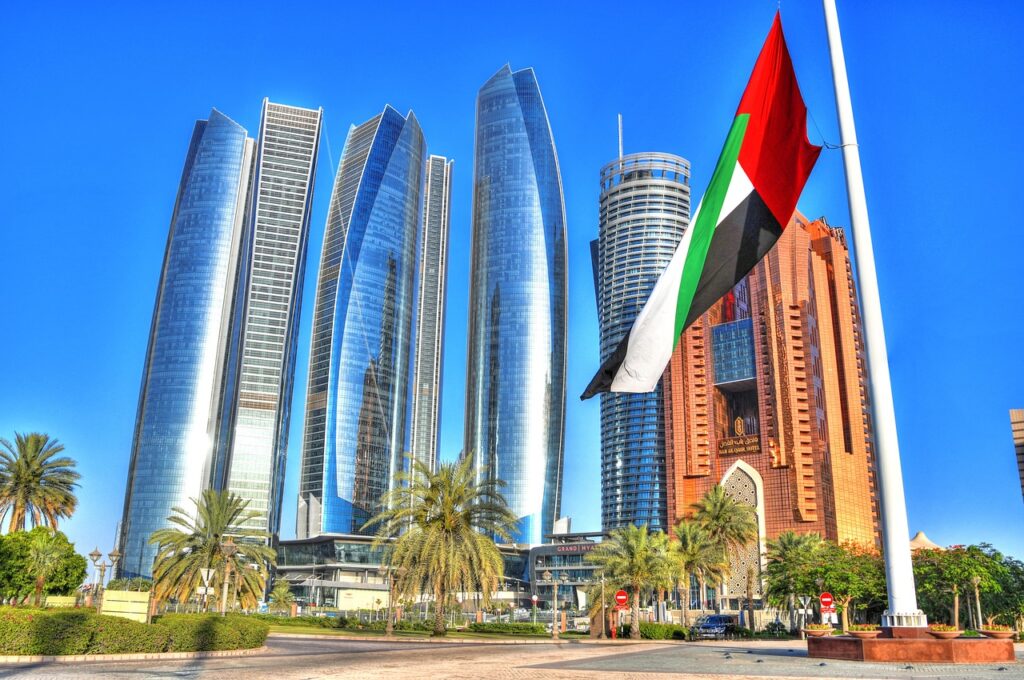The United Arab Emirates (UAE) has made a resounding commitment to a sustainable and decarbonized future with the official launch of its National Hydrogen Strategy.
The heart of the UAE’s Hydrogen Strategy is a series of impressive production targets. By 2031, the UAE aims to establish local production capacity of 1.4 million tonnes per annum (Mtpa) of low-carbon hydrogen. Looking further ahead, the targets get even bolder, with a goal of 7.5Mtpa by 2040 and a staggering 15Mtpa by 2050. This rapid scaling of hydrogen production underlines the UAE’s commitment to playing a pivotal role in the global transition to a hydrogen-based economy.
To bring this strategy to life, the UAE has collaborated with prominent international partners. Australian consultancy firm GHD and Fraunhofer CINES, a respected German research organization, have been instrumental in the development of the strategy. Their collective expertise and global experience have contributed to a robust and visionary plan.
One of the key elements of the UAE’s vision is to create ‘hydrogen oases’ within its borders. These oases are intended to serve as hubs for hydrogen production, fostering innovation and economic growth. The UAE plans to establish two such oases within eight years and expand to five by 2050.
The launch of the National Hydrogen Strategy signifies a significant step toward sustainability and decarbonization. Hydrogen is widely acknowledged as a critical element in decarbonizing industries that have been challenging to transition to cleaner energy sources. This includes sectors such as transport, chemicals, fertilizers, and metals like aluminum, iron, and steel. By 2031, the UAE aims to reduce emissions in these sectors by 25%, with a long-term goal of complete decarbonization by 2050.
In the words of Richard Fechner, Executive General Manager of GHD Advisory, “Hydrogen is key to decarbonizing challenging sectors, and the UAE is spearheading this global effort.” He emphasized the importance of strong commitments, policies, certifications, standards, and strategic investments in achieving the UAE’s Net Zero goals.
Dr. Jan Frederik Braun, Head of Hydrogen Cooperation (MENA region) at Fraunhofer CINES, highlighted that the UAE’s opportunities in the global hydrogen market lie in its ability to produce innovative and competitive hydrogen-based end products along the value chain.
The launch of the National Hydrogen Strategy is not only a remarkable milestone for the UAE but also a significant contribution to global efforts for environmental sustainability. It aligns with the UAE’s role as the host of the 28th UN Climate Change Conference (COP28), adding weight to its commitment to combating climate change.
The UAE’s aggressive approach to hydrogen production and sustainability sets a powerful precedent for nations worldwide. As the world seeks to transition to cleaner and more sustainable energy solutions, the UAE’s vision for a hydrogen-powered future offers hope and inspiration for a greener tomorrow.





